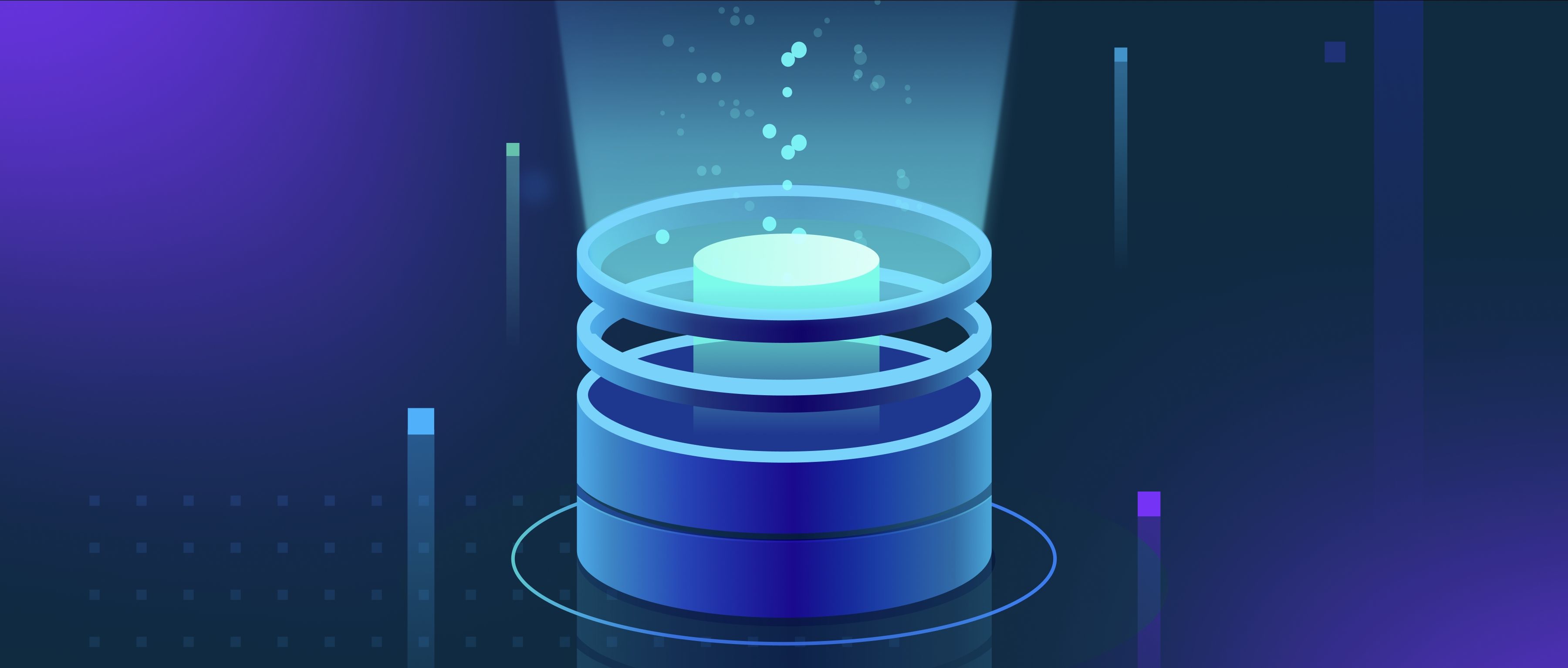AI reasoning models generally do not possess the intrinsic capability to self-improve in the way that humans might reflect on their experiences and skills to enhance their abilities. These models, like any machine learning systems, mainly rely on the data they are trained on. Once developed, they can be used for tasks like inference and decision-making based on the patterns in the provided data. However, any improvements in performance typically require intervention from developers or researchers, who must refine the models through methods such as retraining with new data or adjusting hyperparameters.
One way to improve AI reasoning models is through incremental learning. This method allows a model to learn from new data over time without losing the knowledge it previously acquired. For example, a reasoning model that assists in diagnosis within a medical application can be periodically updated with new patient data and research findings. By continuously incorporating new information, the model can enhance its accuracy and adapt to changing medical standards. While this process resembles self-improvement, it is still a result of external updates and careful management by developers to ensure the model integrates the new information effectively.
In addition, some AI systems utilize reinforcement learning, which can lead to a form of self-improvement. In this approach, the AI model interacts with an environment and learns based on the feedback it receives—essentially reinforcing positive outcomes and discouraging negative ones. For instance, a virtual agent trained in customer service can refine its responses based on customer satisfaction ratings after each interaction. However, even in this scenario, the initial architecture and learning framework were created by human developers. Thus, while AI reasoning models can exhibit improvements over time, these enhancements are fundamentally driven by strategies and updates implemented by technical professionals rather than autonomous self-improvement.
